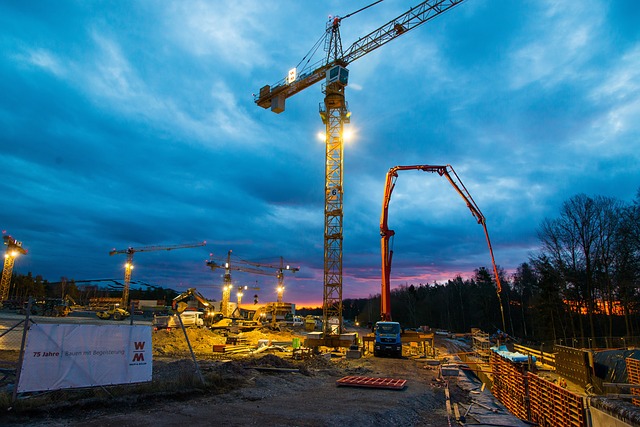As the cost of adopting IoT technology continues to decrease, the willingness of various industries to enable IoT is becoming stronger and stronger. For the construction industry, it is reaching a tipping point where the ROI of implementing IoT will increase exponentially. By using IoT, construction companies can ensure their people and assets are as efficient as possible while protecting workers and meeting all compliance requirements.


Construction companies have heavy machinery such as generators, cranes, concrete mixers, pile drivers, excavators or bulldozers. Each asset represents an investment of thousands, so construction companies naturally want to be able to use this equipment as efficiently as possible. IoT helps optimize assets and prevent project delays while maintaining regulatory compliance. Here are the benefits that IoT brings to the construction industry:
smart device
Today, some companies install tracking devices in their assets, but this is primarily to prevent theft. On the other hand, IoT offers more than just traceability. By installing sensors on excavators or generators and connecting them to the company’s planning and workflow systems, companies can ensure that their assets are on the correct construction site, while Do the right job.
IoT can also deliver detailed information about the health of a company’s heavy machinery. Installing IoT sensors for condition-based monitoring means companies will receive warning alerts if machinery has parts that need repair, or is at risk of malfunctioning. This means companies can schedule predictive maintenance to avoid equipment stopping during critical projects.
Safety first
Qualifications are very important in the construction industry and are closely linked to site safety. Everyone working on site should be qualified and certified to perform a specific job. There also needs to be an appropriate proportion of medically trained staff, whether emergency or higher level paramedics. Additionally, if chemicals are present on site, they need to be handled by qualified personnel.
IoT can help with this, such as installing IoT sensors on chemical containers to monitor possible leaks for safety hazards. As mentioned above, there are also safety benefits when equipment is properly maintained, as it reduces the safety risk of accidents on site.
IoT sensors are just one part of the solution for worker safety. For example, a company could require every employee to carry a smartphone with them on site at all times, and an app on the phone could record the time they arrive on site and check their qualifications to complete the job. Alternatively, companies can use Bluetooth tags that work with field-based gateways to monitor people and assets.
Compliance check
Construction sites also need to check the insurance status of subcontractors. Carrying out such inspections on construction sites today often requires paperwork and manual records, but it requires companies to spend a lot of time and effort maintaining these records and keeping them up to date. Automating compliance and checks has great benefits for productivity as it ensures that companies know their employees are in the right place and that their qualifications are up to par.
IoT sensors for construction equipment are becoming cheaper. They are not a big investment compared to the value of the asset, and compared to the knowledge and information the asset can now provide. The real value of IoT to construction companies lies in integrating them with project management tools and site management.
Importantly, there is no consistent solution for IoT for construction companies, and a level of integration is always required to meet each company’s specific needs. The main elements of a construction company are assets, people and processes. To reap the benefits of IoT and achieve real productivity gains, construction companies need to improve efficiencies in all three areas, and IoT enables them to do just that.